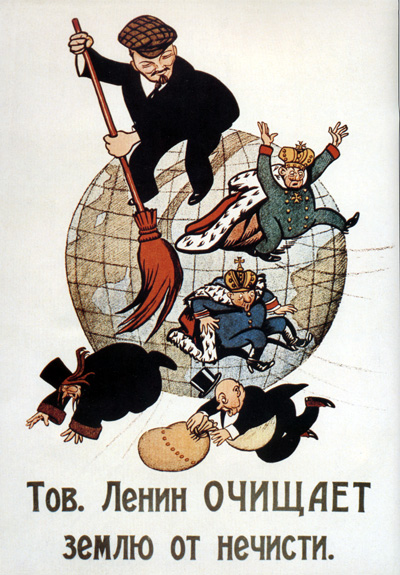this post was submitted on 11 Apr 2024
233 points (99.6% liked)
history
23025 readers
1 users here now
Welcome to c/history! History is written by the posters.
c/history is a comm for discussion about history so feel free to talk and post about articles, books, videos, events or historical figures you find interesting
Please read the Hexbear Code of Conduct and remember...we're all comrades here.
Do not post reactionary or imperialist takes (criticism is fine, but don't pull nonsense from whatever chud author is out there).
When sharing historical facts, remember to provide credible souces or citations.
Historical Disinformation will be removed

founded 4 years ago
MODERATORS
you are viewing a single comment's thread
view the rest of the comments
view the rest of the comments

This furthers my idea the film was self satire but idk if it's what Tarantino was going for and even less so of its what he would want to go for.
In the movie the nazis make an ahistorical hyper violent movie glorifying an individual as the reason the war was being won and were supposed to be disgusted at the people in the movie theater cheering on the violence.
Which is exactly what the viewers are doing as they watch an ahistorical hyper violent film about how the war was won by a few plucky American GIs and a "great women".
really not sure if this was supposed to be some kind of commentary or if the point was to rub right up against that point and the moral of the story was "but theyre nazis so fuck em"
Have a hard time articulating without making it sound like he was trying to absolve the nazis and I really don't think Tarantino message was "the people who like my films are just like the nazis" and I also don't think he's trying to comment on how the erasure of soviet contributions to the war is similar to nazis twisting history so maybe I'm reading too much into it.
It doesn't really matter what Tarantino was "going for" or what his message was, the work should speak for itself, and that's definitely a possible interpretation. Trying to guess what an author wanted to say or meant is usually not very productive and rarely helps when analyzing works of art. We can't read minds, sometimes the author is dead, sometimes they forget or just straight up lie, etc.
Sometimes the author is an absolute buffoon who accidentally made something really smart, but that doesn't make the work he stumbled into making any worse.
This is such an important piece to remember when critiquing art. The main thing we focus on is what is meant to be said these days not what message or interpretation did we get from engaging with the art
And often it becomes this pissing. Contest of who is most right to what the artist intended that may or may not come out in later interviews and such.